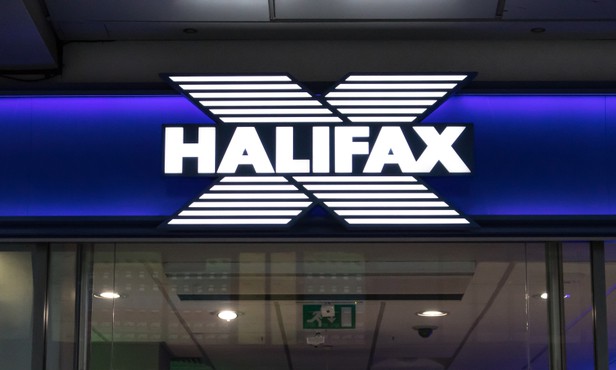
On a quarterly basis prices are up 2.3% and year-on-year prices are up 8.1%.
Regionally, Wales has remained the strongest performing nation or region with annual house price inflation of 12.9% (average house price of £198,880), while Northern Ireland has recorded its strongest growth in four months (11.3%, average house price of £169,308).
House prices also continued to rise in Scotland, with the average property now up 8.6% year-on-year (average house price of £190,023).
In England, the North West has returned to being the strongest performing region (10.4%, average house price of £205,881), which is also a four-month high.
London has remained by far the weakest performing area of the UK, annual inflation of just 0.8%, from an increase of 1.0% in September, is the lowest year-on-year rise in prices seen since February 2020.
Though at an average of £514,907, property prices in the capital remain well above all other parts of the country.
Russell Galley, managing director at Halifax, said: “UK house prices climbed again in October, as the value of the average property grew by 0.9%, an increase of more than £2,500 during the month. With prices rising for a fourth straight month, the annual rate of inflation now sits at 8.1%, its highest level since June.
“One of the key drivers of activity in the housing market over the past 18 months has been the race for space, with buyers seeking larger properties, often further from urban centres. Combined with temporary measures such as the cut to stamp duty, this has helped push the average property price up to an all-time high of £270,027. Since April 2020, the first full month of lockdown, the value of the average property has soared by £31,516 (13.2%).
“First-time buyers, supported by parental deposits, improved mortgage access and low borrowing costs, have also helped to drive price growth in recent months. First-time buyer annual house price inflation (9.2%) is now at a five-month high, and has pushed ahead of the equivalent measure for homemovers (8.1%).
“More generally the performance of the economy continues to provide a benign backdrop to housing market activity. The labour market has outperformed expectations through to the end of furlough, with the number of vacancies high and rising relative to the numbers of unemployed.
“With the Bank of England expected to react to building inflation risks by raising rates as soon as next month, and further such rises predicted over the next 12 months, we do expect house buying demand to cool in the months ahead as borrowing costs increase.
“That said, borrowing costs will still be low by historical standards, and raising a deposit is likely to remain the primary obstacle for many. The impact on property prices may also be tempered by the continued limited supply of properties available on the market.”
Karen Noye, mortgage expert at Quilter, added: “According to the latest Halifax house price index, October has once again been a bumper month for prices as they soar to a record high with the average house price standing at just over £270,000.
“While the stamp duty holiday has played a significant role in boosting prices across the UK its clear now that the tax holiday has gone that there were other forces at work in the market which have pushed prices higher and higher.
“The race for space has been a key driver of growth along with low interest rates and the fact some people found themselves flush with spare cash after having been locked away for over a year with no means to spend disposable income.
“This has both enabled those looking to upsize to make a move and parents to help their adult children out with a bit of extra cash to help them get on the housing market despite the eyewatering prices.
“However, with inflation starting to bite many touted yesterday as the start of interest rate rises and while the Monetary Policy Committee chose to keep interest rates where they are for the time being the writing is on the wall and it’s likely that as early as next month we will see an increase.
“Most mortgage borrowers will be shielded from this rise as the majority of borrowers opt for fix rate deals but any interest rate rise is almost certainly going to take the wind out of the sails of the market as potential buyers struggle to find low cost deals.
“The ultimate impact of this is that there won’t be significant drop in house prices in the short-term they are likely to slow as potential buyers are put off.”



